Graham Reid | | 1 min read
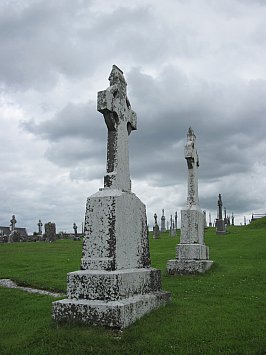
The young man settled himself into the chair and placed his new guitar case on the floor beside him. His face raised into a natural if boyish smile, the outline of his cheeks rimmed by a flat, soft beard of the kind that many young men grow briefly and self-consciously in their eighteenth year.
His hands clasped his knees in a juvenile gesture of delight.
The man he was sitting beside had met the young fellow before and enjoyed his excitable nature, but in truth also thought him a bit of a fool.
They talked.
The young man said how much he enjoyed the lessons he was having on guitar, and in playing with friends in a band they had formed.
“I’m in a folk group,” he said, “we play concerts sometimes.”
“What kind of folk music do you play?”
“It’s an English folk band, we play reels, jigs and airs.”
“You mean that John Barleycorn sort of thing,” said the man, as much to show some small familiarity with the idiom as in the spirit of enquiry.
“No, we don’t have a singer, we just play tunes for dancing. But we play a lot of concerts. People like to dance and we play all sorts of reels and jigs that people know. We specialise in Playford music.”
“Play . . . Ford? What is that?”
“Playford. It's music from an area in England called Playford.”
“You mean you play music from a small area of England that developed its own style some centuries ago?”
“That’s right,” said the young fellow, his face now split by a wide grin.
The older man had to ask: “So, where's Playford?”
The grin never leaving his face, his eyes glowing with the acceptance he was enjoying, the young man replied cheerfully, “I don't know.”
NB: "Playford music" is in fact a reference to John Playford, a 17th century writer and chronicler of folk and dance tunes.

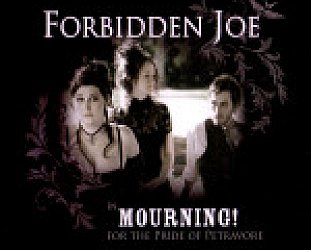
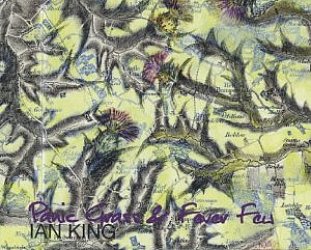
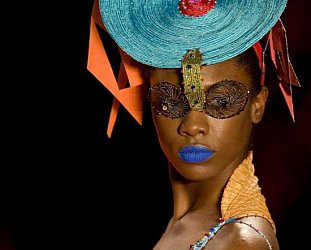
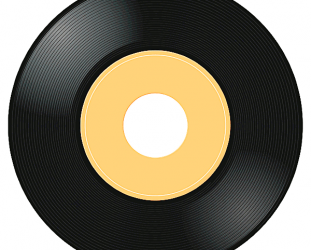
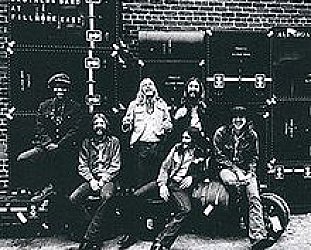

post a comment